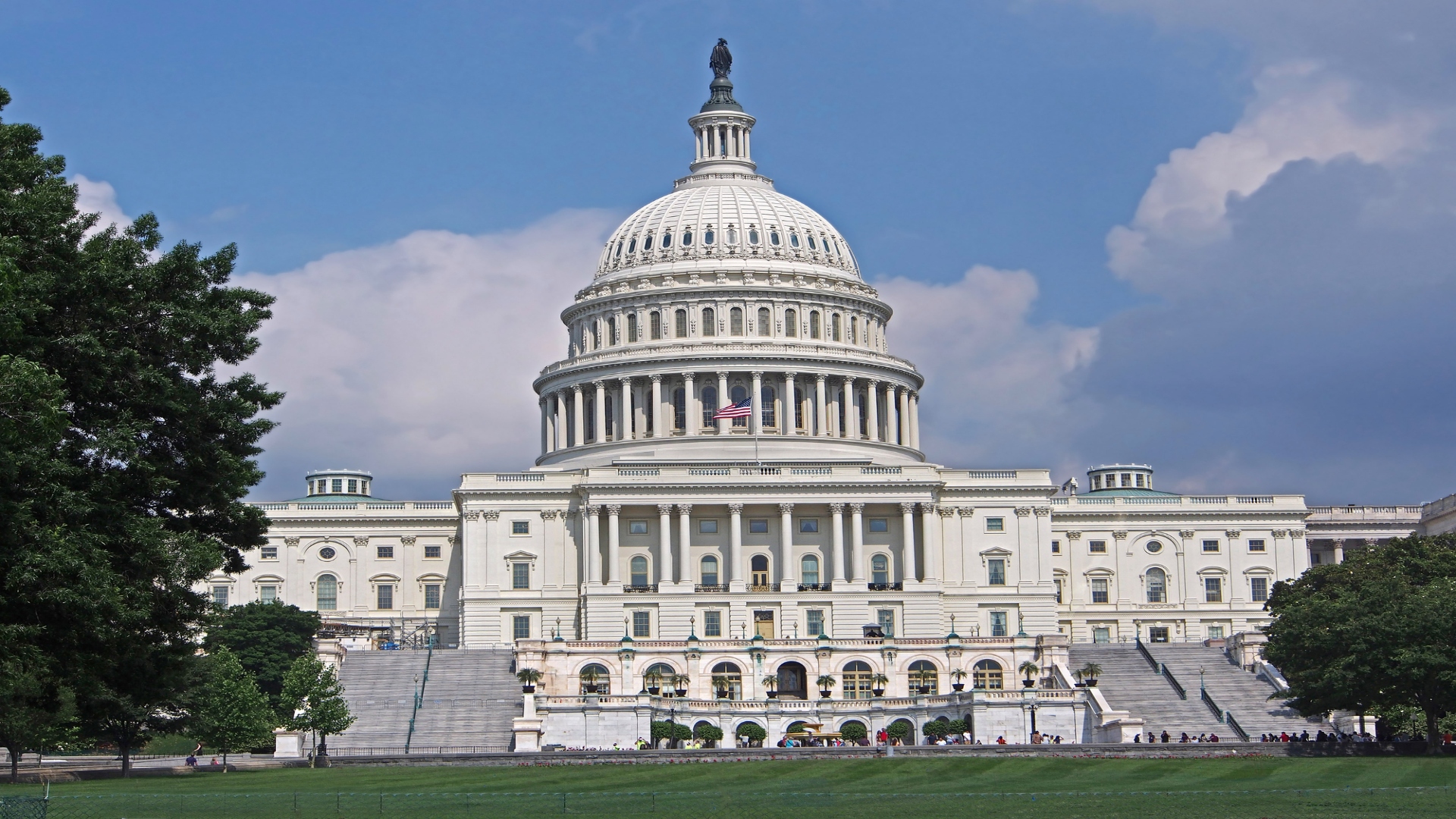As technology plays an increasingly important role in daily life, lawmakers turn their attention to potential new tech regulations that would affect the technology industry. As the influence of the tech giants grows, concerns about issues ranging from data privacy to competition have prompted US lawmakers to consider new regulations that could have far-reaching consequences. Proposed Congressional legislation is focused on data privacy, antitrust and competition, content moderation and online safety, Section 230 Reform, and AI and Innovation. Here are more details about these five key areas.
- Data Privacy and Protection: Congress is exploring ways to enhance transparency, establish clear user consent mechanisms, and provide individuals with greater control over their data. Lawmakers want to strike the right balance between innovation and privacy.
- Antitrust and Competition: Congress is examining whether current antitrust laws are sufficient to address the unique challenges posed by digital platforms.
- Content Moderation and Online Safety: Congress is considering ways to hold digital companies accountable for the content they host, while also ensuring that open dialogue is protected.
- Section 230 Reform: Congress is exploring potential reforms of this part of the Communications Decency Act of 1996 to make sure it is being interpreted and applied in a way that takes into account both the rights of digital platforms and the interests of users.
- AI and Innovation: Congress is considering the implications of AI-driven technologies including issues related to bias in AI algorithms, accountability for AI-driven decisions, and the potential impact of AI on the job market.
Lawmakers have to be careful to ensure a delicate balance among fostering innovation, protecting user rights, and ensuring a fair and competitive digital landscape. Here is an opinion piece we found of interest relating to Congress considering whether and how to establish a digital regulator.
Congress Eyes Establishing a Digital Regulator
In an opinion piece, “Congress eyes establishing a digital regulator” for the Brookings Institution, Mark MacCarthy, nonresident senior fellow at its Center for Technology Innovation, argued the need for a digital regulator to foster competition, safeguard privacy, and uphold freedom of expression in the realm of the internet. He added that although lawmakers can outline strategies for digital public policy goals, translating those strategies into actionable guidelines for stakeholders within the digital industries requires a deep understanding and specialized knowledge possessed by a dedicated digital regulatory body with expertise in both policy and industry dynamics.
MacCarthy argued that generalist regulators and courts are not equipped to deal with the policy challenges in competition, privacy, and content moderation, as these challenges are unique within digital industries. He added that just as the Federal Communications Commission (FCC) regulates broadcasting, cable operators, and telephone companies, the designated digital regulator would be in charge of supervising social media companies, search engines, electronic commerce marketplaces, the mobile app infrastructure, and the many companies involved in advertising tech. The digital regulator’s subject-matter jurisdiction would include the promotion of digital competition, the protection of online privacy, and measures to counteract disorder and abuse in the online information environment.
MacCarthy added that in July 2023, Senators Elizabeth Warren (D-MA) and Lindsey Graham (R-SC) introduced a proposed Digital Consumer Protection Commission Act, which would establish a new Digital Consumer Protection Commission to regulate digital platforms with respect to competition, transparency, privacy, and national security. The Digital Consumer Protection Commission would also require a dominant platform to obtain an operating license and would authorize the commission to revoke that license for repeated, flagrant, and/or illegal misconduct causing significant consumer harm. Read the full article on the Brookings Institution website.
Disclosure: Fatty Fish is a research and advisory firm that engages or has engaged in research, analysis, and advisory services with many technology companies, including those mentioned in this article. The author does not hold any equity positions with any company mentioned in this article.
The Fatty Fish Editorial Team includes a diverse group of industry analysts, researchers, and advisors who spend most of their days diving into the most important topics impacting the future of the technology sector. Our team focuses on the potential impact of tech-related IP policy, legislation, regulation, and litigation, along with critical global and geostrategic trends — and delivers content that makes it easier for journalists, lobbyists, and policy makers to understand these issues.
- The Fatty Fish Editorial Teamhttps://fattyfish.org/author/fattyfish_editorial/January 19, 2024
- The Fatty Fish Editorial Teamhttps://fattyfish.org/author/fattyfish_editorial/January 3, 2024
- The Fatty Fish Editorial Teamhttps://fattyfish.org/author/fattyfish_editorial/January 3, 2024
- The Fatty Fish Editorial Teamhttps://fattyfish.org/author/fattyfish_editorial/December 31, 2023








